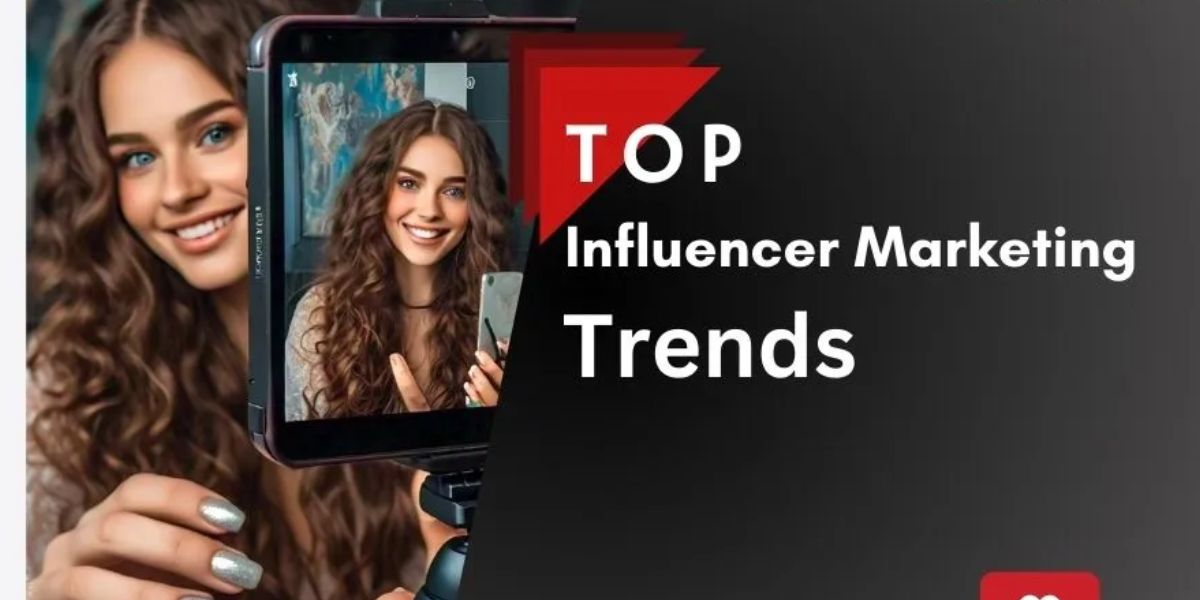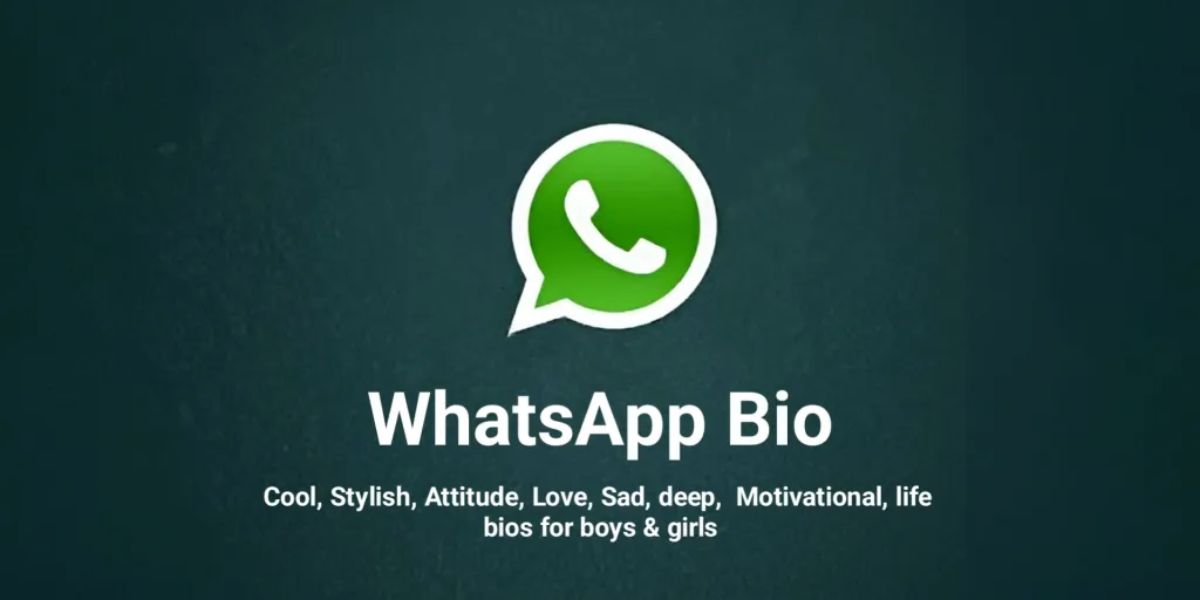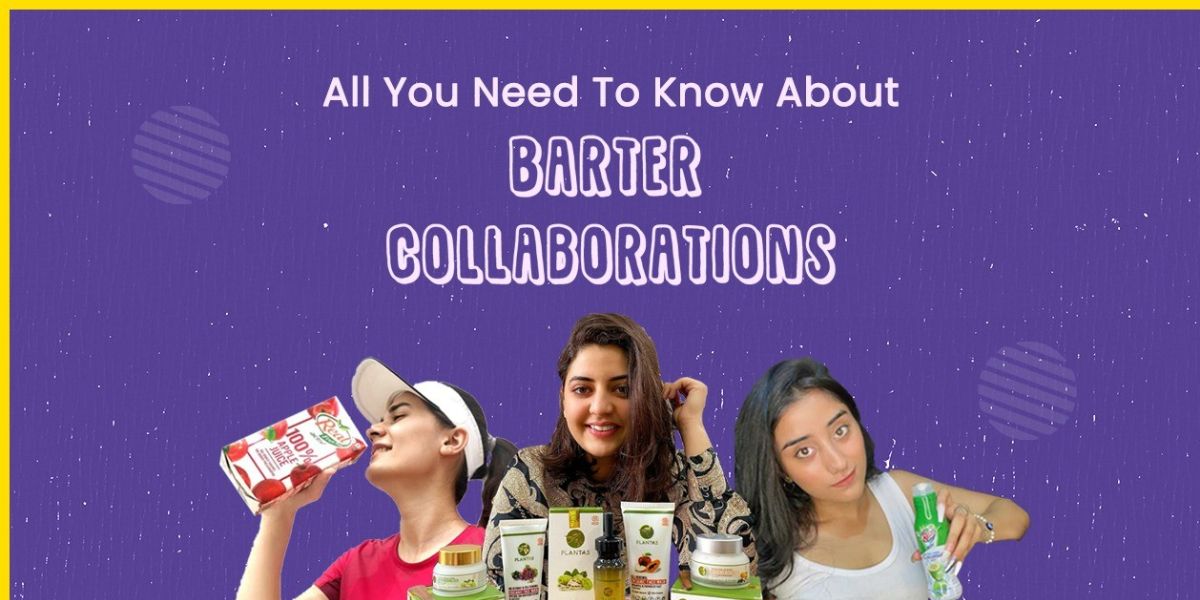Influencer marketing trends: Influencer marketing in 2025 is all about strong connections, authenticity, and innovative content. As social media platforms advance, creators and brands are discovering new ways to engage people more than traditional sponsorships. The field is quickly evolving, which can be seen through AI-powered collaboration and the rise of niche communities. Surpassing these trends isn’t just an advantage; it’s crucial for success. Below are ten key influential trends ready to redefine the industry this year.
Why do Influencer Trends Matter?
Trends in influencer marketing matter because they showcase changing consumer behavior, keep brands relevant, and foster genuine connections. Through these trends, brands can build trust, boost engagement, and reach a wider audience, ultimately enhancing brand awareness, sales, and credibility.
Top 10 Influencer Trends for 2025

1. Expansion of LinkedIn influencers
LinkedIn has grown beyond its role as simply a networking tool; it’s emerging as an important player in trends influencer marketing. Professionals and businesses are using the platform to connect with decision-makers, industry leaders, and engaged communities authentically.
With LinkedIn featuring short videos and content discovery, influencer marketing is on the rise. Thought leaders, industry experts, and B2B influencers play a crucial role in helping businesses build credibility and trust. In 2025, collaborations with influencers will be crucial for growth and engagement, driven by LinkedIn’s content-sharing features.
2. Growth of Deinfluencing
What began as a trend has now become a moment, deinfluencing is shifting the way consumers shop. Today, creators are encouraging mindful spending by sharing what’s actually worth buying and what isn’t, rather than promoting endless items.
This change reflects a growing demand for authenticity, where influencers are the new brands. They influence purchasing decisions through honesty rather than hype. In 2025, more influencers are expected to use this approach, helping businesses with strong values build trust and long-term loyalty.
3. Micro-Influencers Bringing Authentic Engagement
While celebrity influencers attract attention, micro-influencers are the real game-changers in Influencer marketing trends. With 10K to 50K followers, they build strong, niche communities, allowing brands to connect more authentically and drive higher engagement.
Their content feels personal, which makes recommendations more impactful and relatable. In 2025, expect brands to invest more in micro and nano influencers to build authentic connections and promote meaningful conversations.
4. The Return of Long-form Content
Short-form videos may dominate feeds, but people are now seeking more significant content. Instagram influencer marketing is switching to long-form formats, including podcasts, vlogs, and mini-documentaries that create deeper connections. Rather than fast, viral clips, influencers are using storytelling that keeps their followers engaged and waiting for the long haul.
5. B2B Influencers Driving Impact
B2B brands are consistently leveraging influencers for marketing, knowing their ability to connect with professional audiences. On platforms like X and LinkedIn, industry professionals are spreading insights, building trust, and driving real business impact. From case studies to webinars, these partnerships are meant to not only spread awareness among brands but also establish credibility and foster long-term relationships. It is predicted that B2B brands will invest in influencer partnerships in 2025 to engage, educate, and convert decision-makers.

6. Gen Z Redefining the Future of Influencer Marketing
Gen Z is taking another look at influencer trends, demanding originality, transparency, and social impact from brands. As online natives, they engage most with purpose-driven content on Instagram, TikTok, and YouTube.
Considering economic influence, brands should prefer authentic storytelling, inclusivity, and sustainability to establish lasting connections. Aligning with the values of Generation Z will be crucial to staying relevant in the influencer marketing landscape.
7. Influencers as Co-Creators | Influencer marketing trends
In 2025, influencers are not just limited to promoting products, but they are also creating them. From tech to beauty, brands are partnering with influencers to create exclusive product lines that showcase their expertise and style. With built-in trust and loyal followers, these influencer-led launches are re-explaining brand partnerships and driving massive numbers of engagements.
8. Expansion of Seamless Social Shopping
Forget customary e-commerce – trends influencer marketing is transforming how people shop. In 2025, influencers will transform their content into instant shopping experiences, with seamless in-app purchases on TikTok, Instagram, and more. No more redirects; just effortless, on-tap buying integrated directly into posts. This makes social commerce the new shopping destination.
9. Influencer Campaign Generated by AI
AI is revolutionizing trends in influencer marketing by helping creators produce more engaging and unique content. From AI-powered captions to hyper-customized campaigns, influencers are leveraging tech to improve storytelling. Virtual influencers are growing too; more relatable, more realistic, and easily blend into the online culture. In 2025, AI-driven creativity is going to be a game-changer for brand partnerships.
10. Focus on Authentic Content Creation
In 2025, trends in influencer marketing are about authenticity. Brands are inclined towards Influencer-Generated Content (IGC), User Generated Content (UGC), and Employee-Generated Content (EGC) to build trust and engagement.
IGC brings products to life through real-life experiences, UGC turns happy clients into brand advocates, and EGC gives a human touch by reflecting employees as storytellers. Collectively, these content types make marketing feel more authentic and impactful.
Conclusion
Influencer marketing trends in the upcoming time will shift toward deeper, more strategic collaborations. Short-term sponsorships are vanishing, ultimately making a path for long-term relationships with niche influencers who drive real engagement.
AI is transforming the landscape, but organic human connection is still important to build trust. Multi-platform content is now vital to keep brands authentic across different audiences. With a focus on meaningful influencer relationships, agencies can create campaigns that spark conversation, increase engagement, and establish lasting brand loyalty.
FAQs on Influencer Trends 2025
- What are the trends in influencer marketing in 2025?
Important influencer marketing trends for 2025 include more and more use of AI influencers, involvement of micro and nano influencers, and higher traction for B2B campaigns.
- What’s the next huge trend in influencer marketing for 2025?
The evergreen content strategies are one of the biggest influencer marketing trends for 2025. Rather than one-off posts, businesses will prefer content that is relatable over time for regular engagement. Creators are going to focus on storytelling that can be reused across multiple platforms for maximum impact and higher ROI. Lasting, high-value campaigns that engage audiences better than a single post!
- Why influencer marketing campaigns is important?
Influencer marketing helps businesses connect with the right people through creators and followers they already trust. Brands use authentic suggestions that feel relatable and natural. Well, 87 percent of consumers say they’ve found items through influencers’ content, and many are influenced by these suggestions when making a purchase.
- What is the formula for influencer marketing success?
Engagement is important in influencer marketing trends, and one method to measure it is: (Likes + Comments + Shares) / Total Followers = Engagement Rate. For sales-drive campaigns, brands assess metrics like affiliate link clicks, conversion rates, and ROI to measure success. The actual formula? The right influencer + unique content = impactful outcomes.
- What do you mean by 3R in influencer marketing?
3R refers to Relevance, Reach, and Resonance. They are crucial for picking the right influencers to boost campaign impact and achieve desired outcomes.






